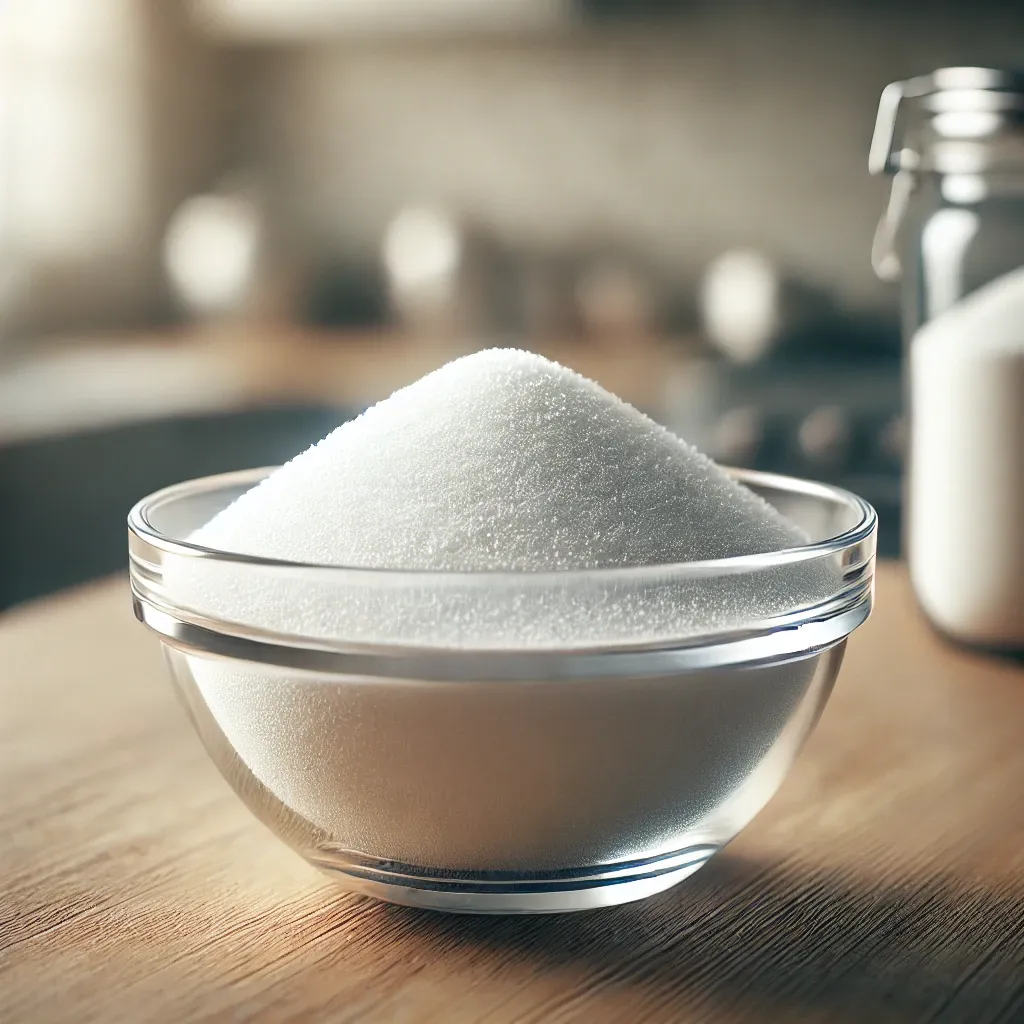Sweetener Guide: Understanding Stevia and Other Types of Sweeteners

Introduction:
Have you ever wondered about the variety of sweeteners in your food and drinks? Whether natural extracts or synthetic compounds commonly used in the food industry, each type of sweetener has its unique properties and precautions. This article will introduce you to the different types of sweeteners, examples, and practical usage tips.
Types of Sweeteners
Sweeteners are broadly classified into three main categories: natural sweeteners, artificial sweeteners, and low-calorie sweeteners.
1. Natural Sweeteners
These are derived from plants or natural sources, offering sweetness with a perception of being "safe" and "healthy" when consumed appropriately. Examples include:
- Stevia: Extracted from the leaves of the Stevia rebaudiana plant, it is 200-300 times sweeter than sugar. Commonly used in beverages like tea, coffee, or sugar-free sodas.
- Honey: Provides natural sweetness along with antioxidants, though it is calorie-rich.
- Maple Syrup: Used in desserts and breakfast dishes like pancakes.
- Coconut Sugar: Made from coconut sap, it has a lower glycemic index and a distinctive aroma.
Precaution: Overconsumption of natural sweeteners, like honey, can lead to excessive calorie intake.
2. Artificial Sweeteners
These are lab-created sweeteners that are significantly sweeter than sugar and are often used in low-calorie products like diet sodas and sugar-free desserts. Examples include:
- Aspartame: Used in sodas and snacks, it has a recommended intake limit set by health organizations.
- Sucralose: 600 times sweeter than sugar, it does not affect blood sugar levels and is suitable for diabetics.
- Sorbitol and Maltitol: Common in sugar-free candies and chewing gum.
Precaution: Overconsumption of artificial sweeteners can lead to side effects like bloating or diarrhea.
3. Low-Calorie Sweeteners
These are ideal for weight management or diabetes control. Examples include:
- Erythritol: A sugar alcohol produced by fermenting sugar, with very low calories.
- Luo Han Guo (Monk Fruit): A natural extract that is 150-200 times sweeter than sugar.
Precaution: Some individuals may experience mild digestive issues if consumed in excess.
Using Sweeteners in Daily Life
- Baking: Use coconut sugar or stevia for balanced sweetness in baked goods.
- Beverages: Opt for artificial sweeteners like sucralose in tea or coffee to avoid extra calories.
- For Diabetics: Choose sweeteners that do not spike blood sugar levels, such as erythritol.
Precautions When Using Sweeteners
- Recommended Amounts: Check the product label for daily intake limits.
- Side Effects: Avoid overconsumption to prevent digestive discomfort.
- Long-Term Risks: Research potential long-term impacts, especially for artificial sweeteners like aspartame.
Sweeteners and Insulin
Different sweeteners have varying effects on insulin levels:
- Natural Sweeteners like Stevia: Research shows stevia may enhance insulin sensitivity and help lower blood sugar levels, making it beneficial for diabetics.
- Artificial Sweeteners like Aspartame and Sucralose: Generally do not directly affect insulin levels, though long-term effects are debated.
- Low-Calorie Sweeteners like Erythritol: Do not trigger insulin release and are suitable for blood sugar management.
Additional Advice: Individuals with insulin resistance or diabetes should consult their doctor before selecting a sweetener to ensure its suitability.
Recommended Daily Intake
Studies recommend the following daily intake limits for various sweeteners:
- Stevia: Up to 4 mg per kilogram of body weight.
- Aspartame: Up to 50 mg per kilogram of body weight.
- Sucralose: Up to 5 mg per kilogram of body weight.
- Erythritol: Up to 1 gram per kilogram of body weight to avoid bloating.
Note: Limits may vary depending on regional standards, so always follow the product label guidelines.
Conclusion:
Whether natural or synthetic, choosing the right sweetener requires consideration of health and context. Proper understanding helps ensure safe and enjoyable use of sweeteners. Which sweetener have you tried and loved the most? Share your experiences in the comments!



